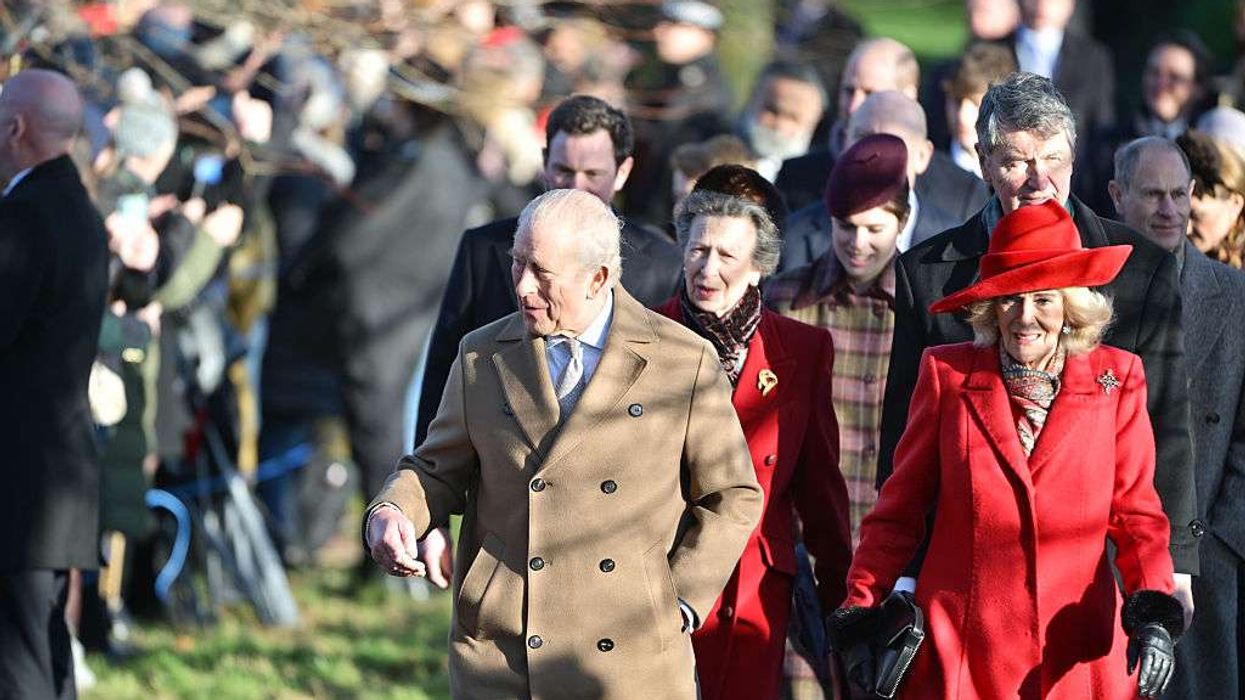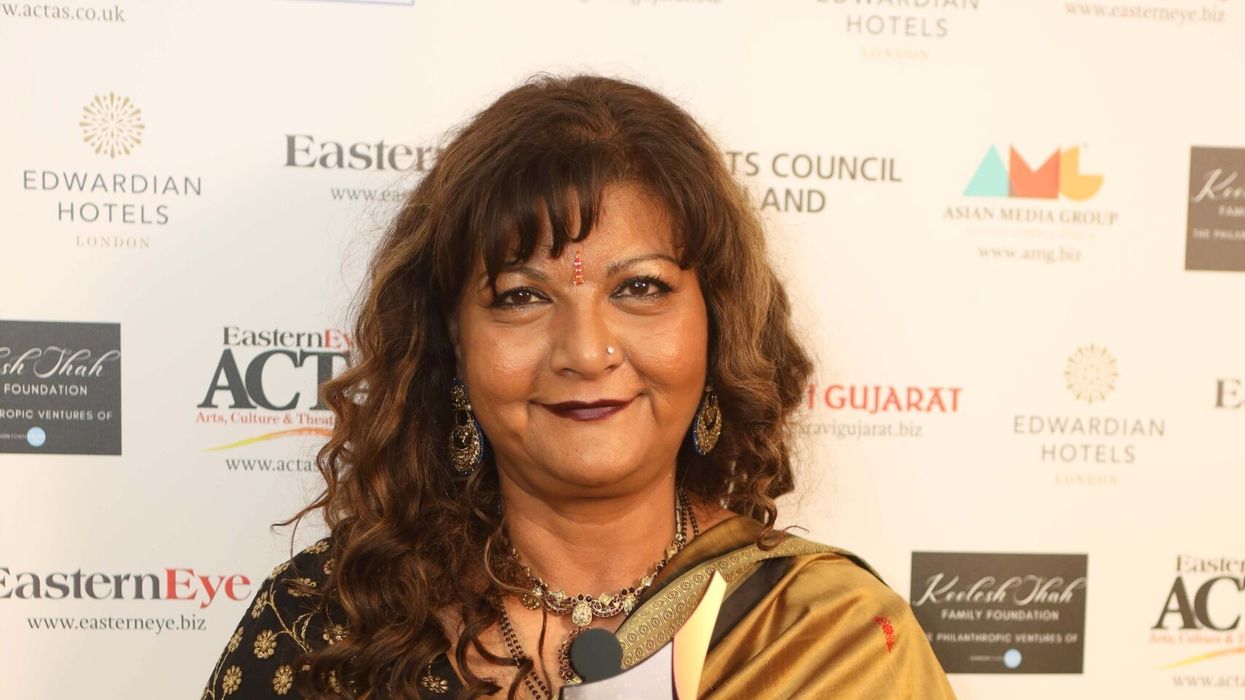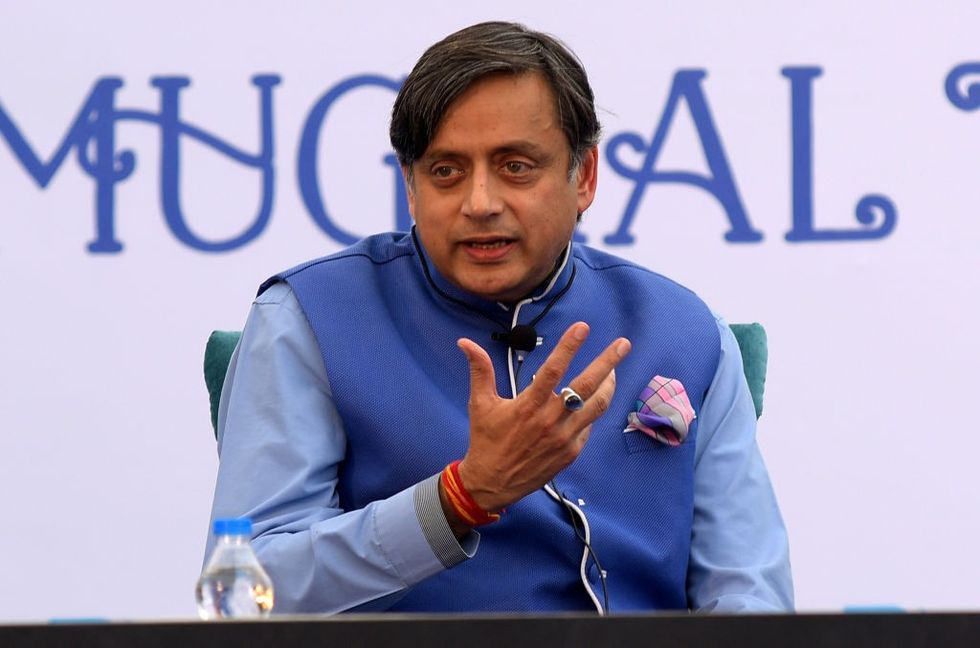By Amit Roy
GOOD old William Shakespeare. He had this great ability to get to the heart of the matter.
Take, for example, the name game. “What’s in a name? That which we call a rose by any other name would smell as sweet.” But would Juliet have been quite as keen on Romeo had his name been, say, Nigel or Donald or Andrew? Possibly, but you never can tell.
I will get to the subject discussed last Wednesday (24) at the GG2 Diversity Conference – whether BAME is a good way to describe Britain’s “Black, Asian and Minority Ethnic” communities – but I would like to recall a little anecdote from a few years ago.
As the risk of repetition, it involves an Indian driver who appeared one day and drove the bus ferrying Daily Telegraph journalists from the car park to our offices a mile away in Canada Square in London’s Canary Wharf.
“Nash,” he replied when I asked him his name.
He could have been Goan, but I thought not. I could smell home-cooked vegetarian food on his brown sweater.
“Is that your real name?”
“No,” he replied. “My name’s Naresh. But they can’t pronounce it. So it’s become Nash.”
I suggested a possible solution to him. “Next time, someone says his name is Bill, just say, ‘That’s very difficult for an Indian to pronounce. Can I call something simpler – like Yudhishtira?’”
He gave me a funny look and drove off.
Which brings me to BAME, which everyone at the GG2 conference agreed was an infelicitous expression. One session was devoted to Race, Identity and defining the term BAME.
Since there are more Asian than black people in the country, we can try a number of permutations: ABEM (Asian, Black and Ethnic Minorities); or PIBO (Pakistani, Indian, Black and Others). There remains the option of BIPO (Black, Indian, Pakistani and Others). None seems an improvement on BAME.
Some 30 years ago, there was a movement by the left to sweep all non-white folk under the term “black”, but Indians protested, “We are brown.”
Indian newspapers use the term “Pak” as an abbreviation for Pakistan – as in, “Pak thrash India by 10 wickets”. But add an “I” at the end and it becomes a term of abuse in the UK.
For some reason, it is acceptable to call someone a “person of colour” but “coloured” is now on the banned list. I have never liked the term because the opposite of “coloured” is “colourless” – and none of my English friends and colleagues is colourless. Quite the contrary, in fact.
So, if BAME isn’t perfect, what are we do? People self-define themselves in the way they think will attract the greatest public sympathy – “speaking as a black Muslim woman” or “as a Pakistani Muslim….” I would never describe myself as “Bengali Hindu” or an “Indian Hindu journalist”, but I wouldn’t mind if someone called me an “Indian-origin reporter” or a “British journalist of Indian origin”. All I can say is I don’t feel very BAME.
These days “south Asian” has come into vogue, but south Asia covers too large an area. And I don’t feel south Asian, either.
There are signs of progress. Many young people born to parents who came from India, Pakistan, East Africa or the Caribbean are happy with term “British”, but draw the line at calling themselves “English”.
How others see us will also define this debate. I don’t know what will replace BAME, but I think it has a limited shelf life.





 Tanika Gupta
Tanika Gupta  Shashi Tharoor AFP via Getty Images
Shashi Tharoor AFP via Getty Images  English cricket writers are distraught that in the current “Ashes” series against Australia down under Getty Images
English cricket writers are distraught that in the current “Ashes” series against Australia down under Getty Images 





